Imarticus Learning is among the top online education providers in India. After its data science course helped many data science aspirants to build a successful career in the industry, it has now come with a new campaign i.e. the ‘Data Science Club’. This club will aim at addressing the shortage of data scientists in India. It will also help in unifying data science aspirants from all over the country & giving them a chance to interact.
 You can bring the data science club to your college/university with just a simple process. They already have registered 30 colleges from locations like Delhi, Tamil Nadu, and Karnataka.
You can bring the data science club to your college/university with just a simple process. They already have registered 30 colleges from locations like Delhi, Tamil Nadu, and Karnataka.
The registration process is open & you can experience a whole new aspect of data science. One can also join the data science community of Imarticus on various social media platforms.
Mission & Vision of the Data Science Club
- To promote students across India to build a successful career in data science.
- To address the talent gap in the data science industry & shortage of skilled data scientists in India.
- To facilitate the exchange of ideas & information relating to data science between club members across PAN India.
- To provide industry-oriented learning of data science involving technological advancements & tools used in the industry.
Registration Process
Generally, most of the colleges don’t even have a data science club. You could be the first to introduce a data science club at your college/university. You can visit the Imarticus website and can easily register your college/university for the data science club. You will be required to fill a google form asking for a few details like college name, address, department, designation, email address, etc. The Imarticus panel will get back to you and will inform you about further proceedings.
Benefits of Being a Club Member
This data science club will facilitate its members from various colleges across India in understanding the importance of data science. It aims at motivating aspirants for building a successful career in data science and bridging the talent gap in the current data science industry. The benefits of joining the data science club of Imarticus are as follows:
- Students of member colleges can attend any event/competition under the data science club for free.
- You will get to attend lectures or webinars from industry experts/professionals.
- The members of the club will get to test themselves by participating in the national level hackathon.
- You will get to attend data science workshops under this club. You will also get a certification from Imarticus Learning for being a part of the data science club.
- The members of the club will also undergo the faculty development programme.
- Eligible members/students of the club will also get full placement support from Imarticus.
- You will get to know about the industry practices & trends by being a member of this club. You will also get to know about the right career roadmap in the data science industry.
If you want to make a transition from data science aspirant to an expert, you have to grab this wonderful opportunity which will bring you closer to the data science community in India. One can also opt for the data science course provided by Imarticus Learning to know about the data science aspects in detail.
Register for the data science club now!

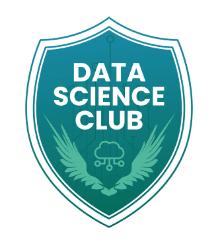

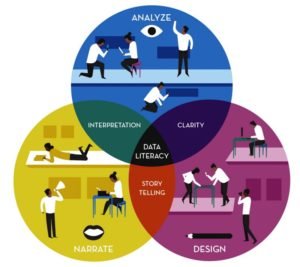 Data literacy gives people the power and the evidential backing to call out those intentionally or unintentionally propagating mistruths and fallacies through awry statistics. This way, data literacy plays a pivotal part in politics, economics and ethics of a society, indeed of the world.
Data literacy gives people the power and the evidential backing to call out those intentionally or unintentionally propagating mistruths and fallacies through awry statistics. This way, data literacy plays a pivotal part in politics, economics and ethics of a society, indeed of the world.
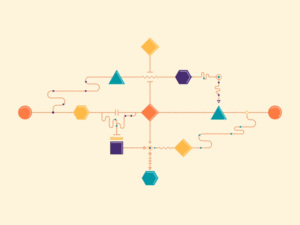 A data scientist is critical in companies like these, as they bring expertise to the table and understand the flow of projects much better than anyone else. With a data scientist at the helm, all other players in the process can fall into place. This reduces the pressure on upper management to figure out project flows; they can now leave it to the experts.
A data scientist is critical in companies like these, as they bring expertise to the table and understand the flow of projects much better than anyone else. With a data scientist at the helm, all other players in the process can fall into place. This reduces the pressure on upper management to figure out project flows; they can now leave it to the experts. This is an invaluable opportunity for fresh data scientists as the company takes care of all the costs and only asks for your attention and application in exchange. Adding a
This is an invaluable opportunity for fresh data scientists as the company takes care of all the costs and only asks for your attention and application in exchange. Adding a 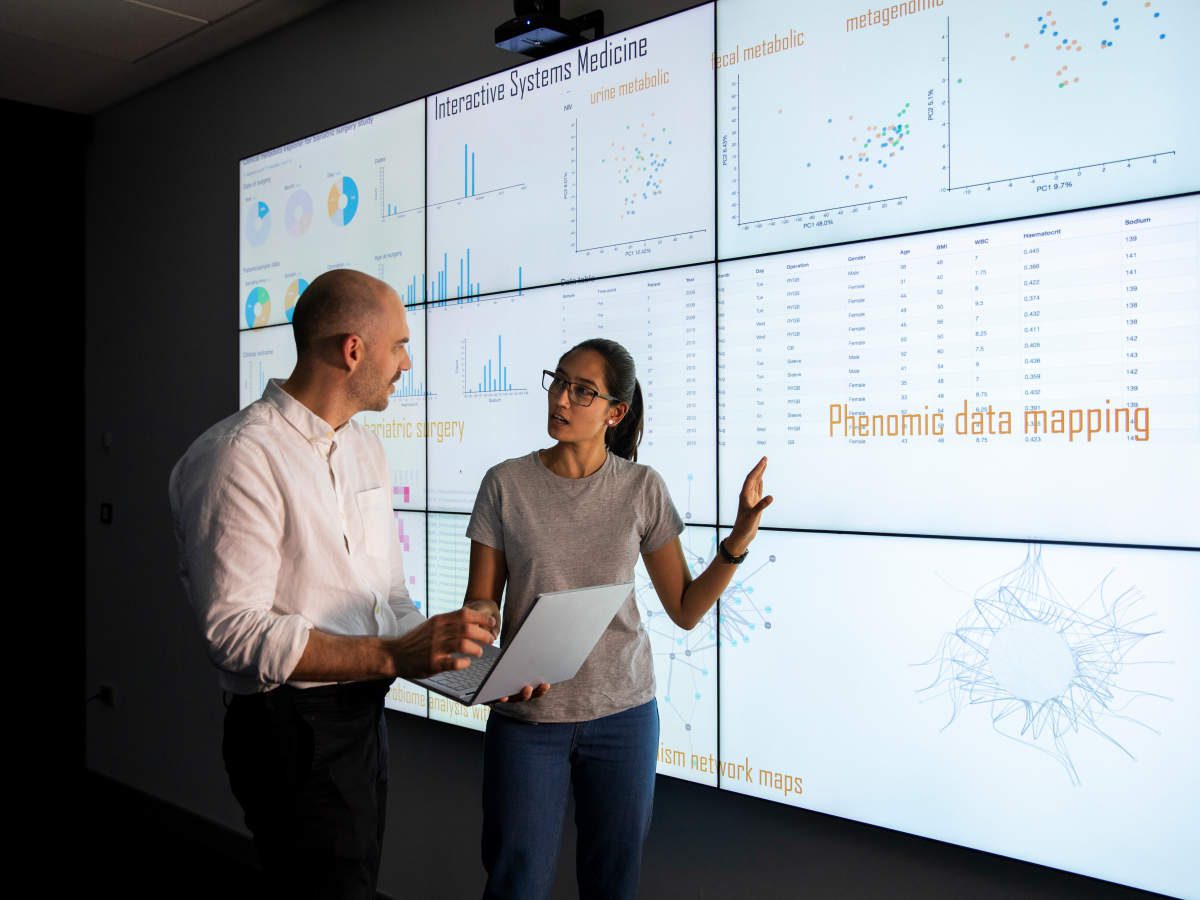

 There is a high usage of AI chatbots to get quick solutions to external factors. These chatbots communicate with customers, answer their questions, and record their responses. It is assumed that the usage of chatbots will multiply by 50 times compared to what it was before COVID.
There is a high usage of AI chatbots to get quick solutions to external factors. These chatbots communicate with customers, answer their questions, and record their responses. It is assumed that the usage of chatbots will multiply by 50 times compared to what it was before COVID.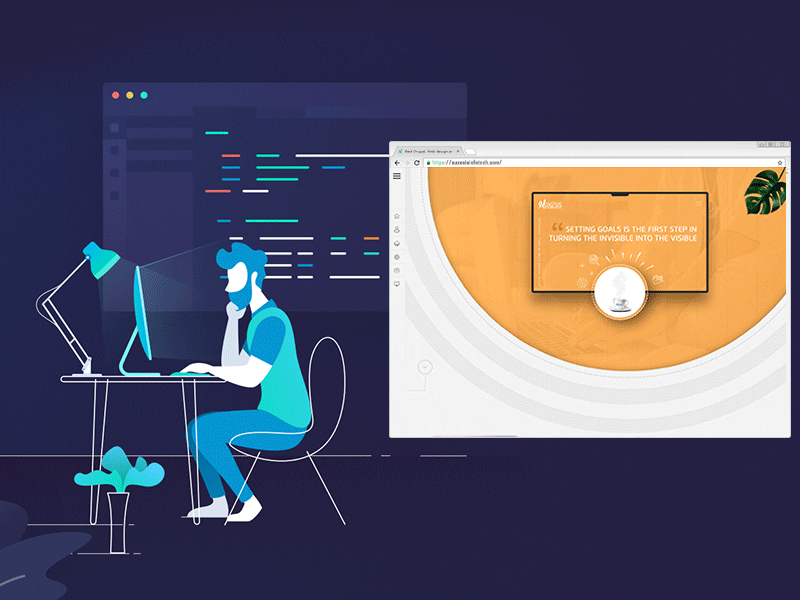


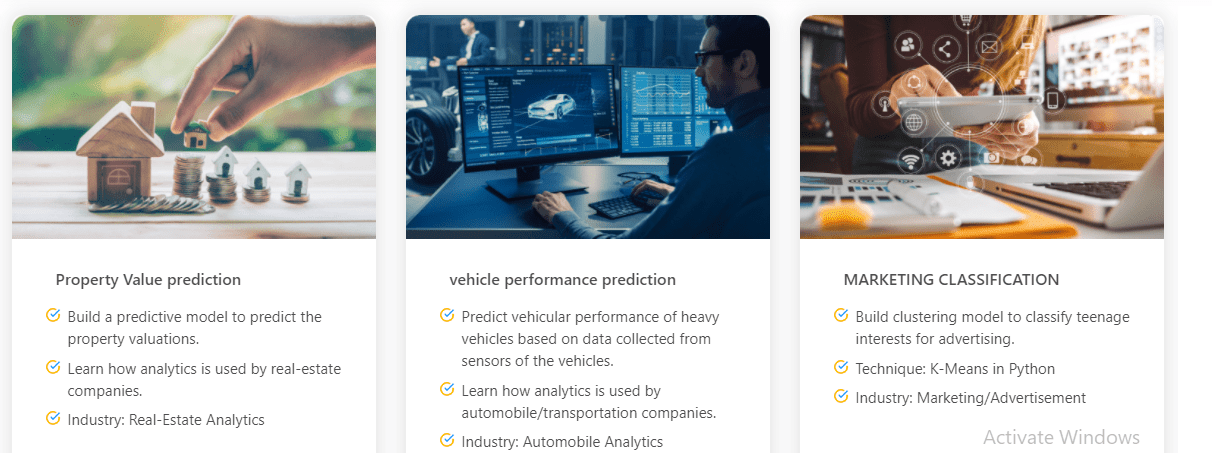

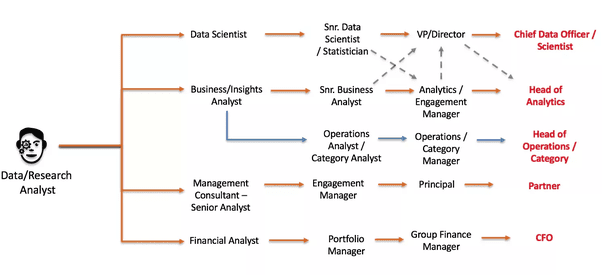

 Data science and analytics are making strides in the tech market, and it is clearly the future. So, a career in data analytics can be really fruitful in the long run.
Data science and analytics are making strides in the tech market, and it is clearly the future. So, a career in data analytics can be really fruitful in the long run.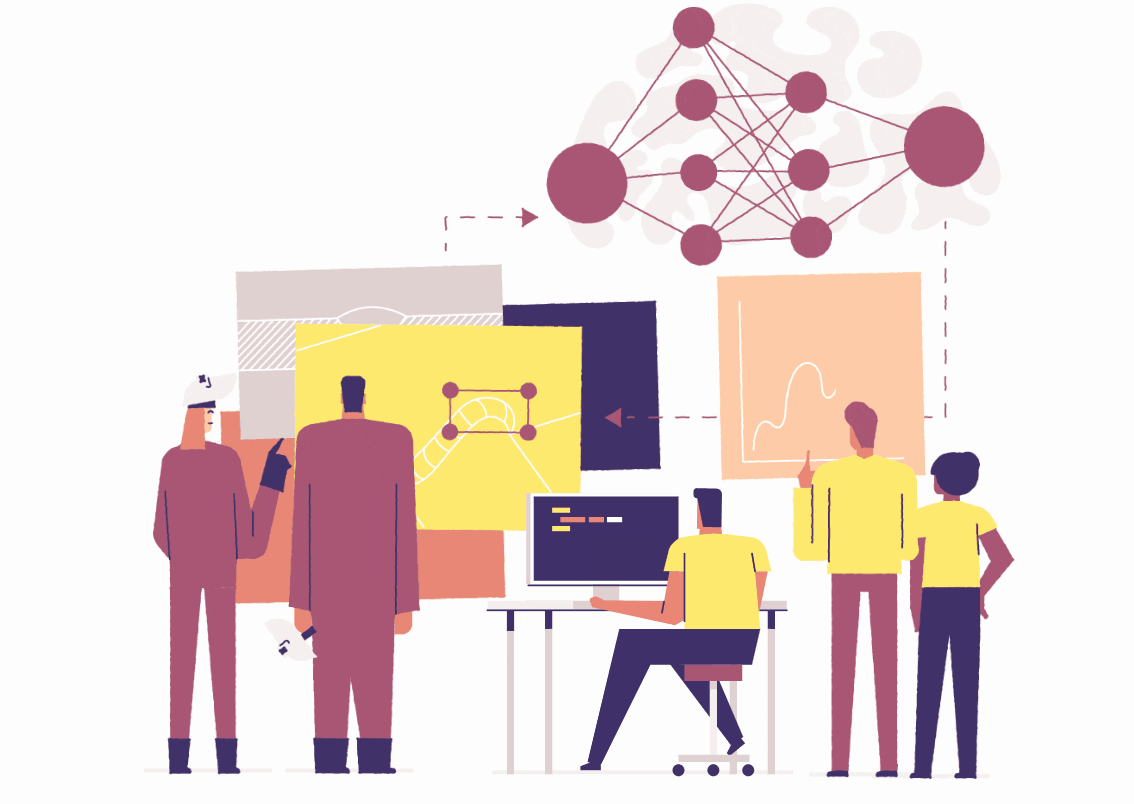
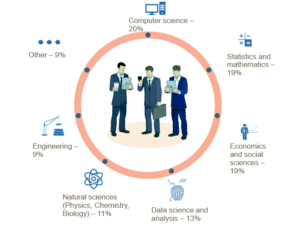 The majority of the data science models are built using one or more, known or unknown variables. Thus, the in-depth understanding of multivariate calculus is the key requirement to develop Machine Learning models.
The majority of the data science models are built using one or more, known or unknown variables. Thus, the in-depth understanding of multivariate calculus is the key requirement to develop Machine Learning models.
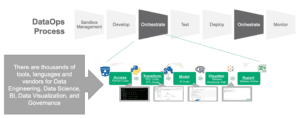 DataOps plays a major role in building best practices throughout a function. Through continuous production, DataOps helps organizations to deliver value to a range of stakeholders.
DataOps plays a major role in building best practices throughout a function. Through continuous production, DataOps helps organizations to deliver value to a range of stakeholders.